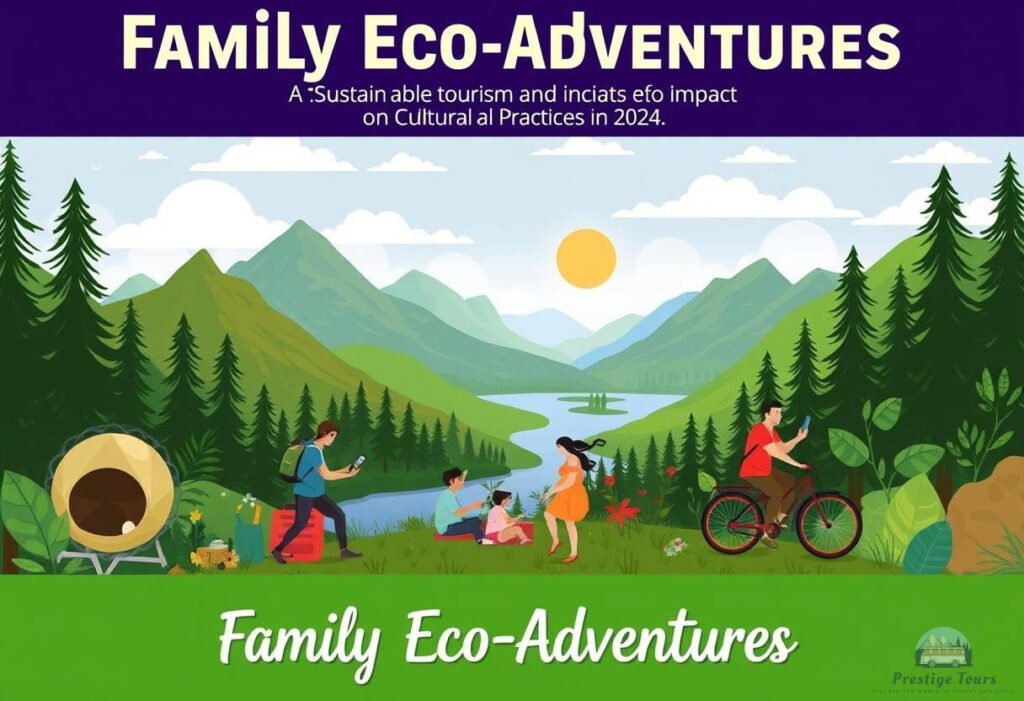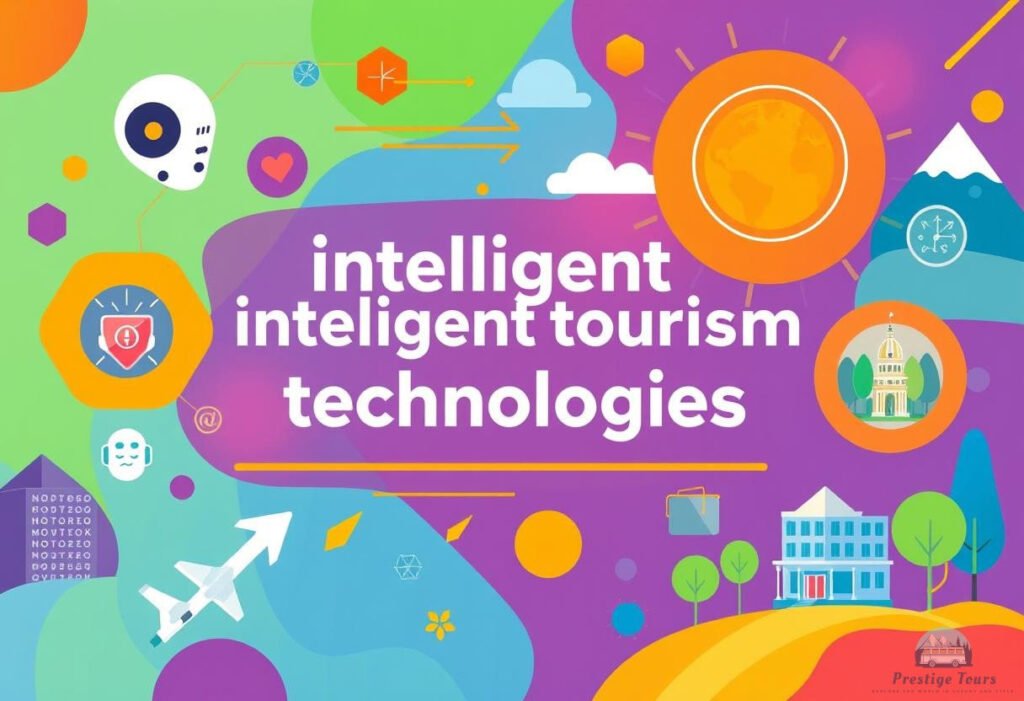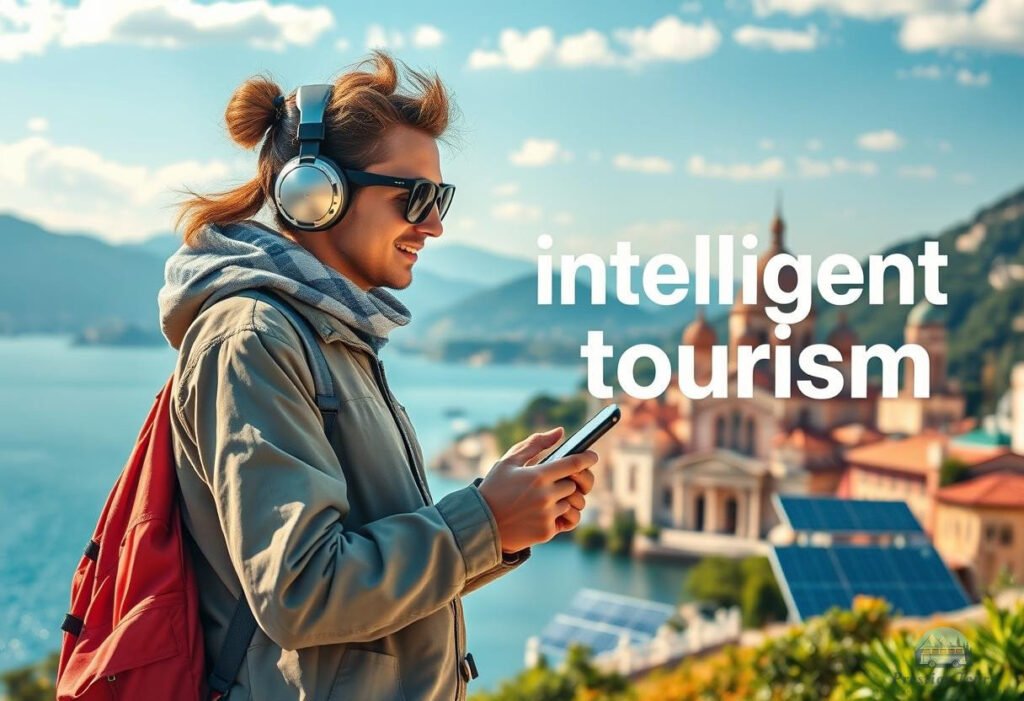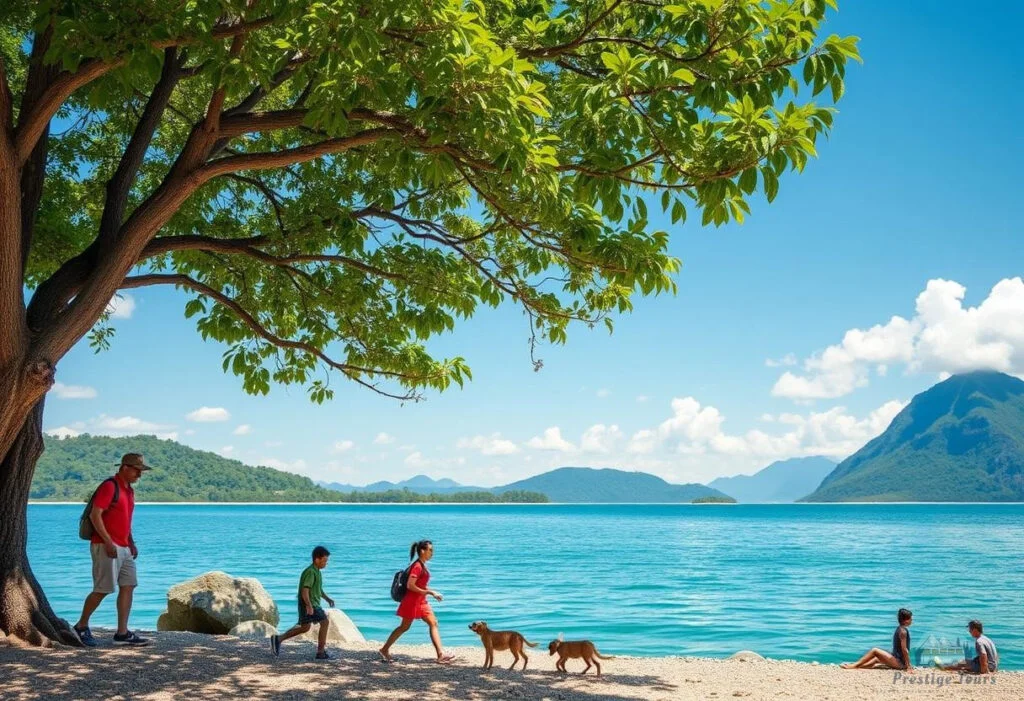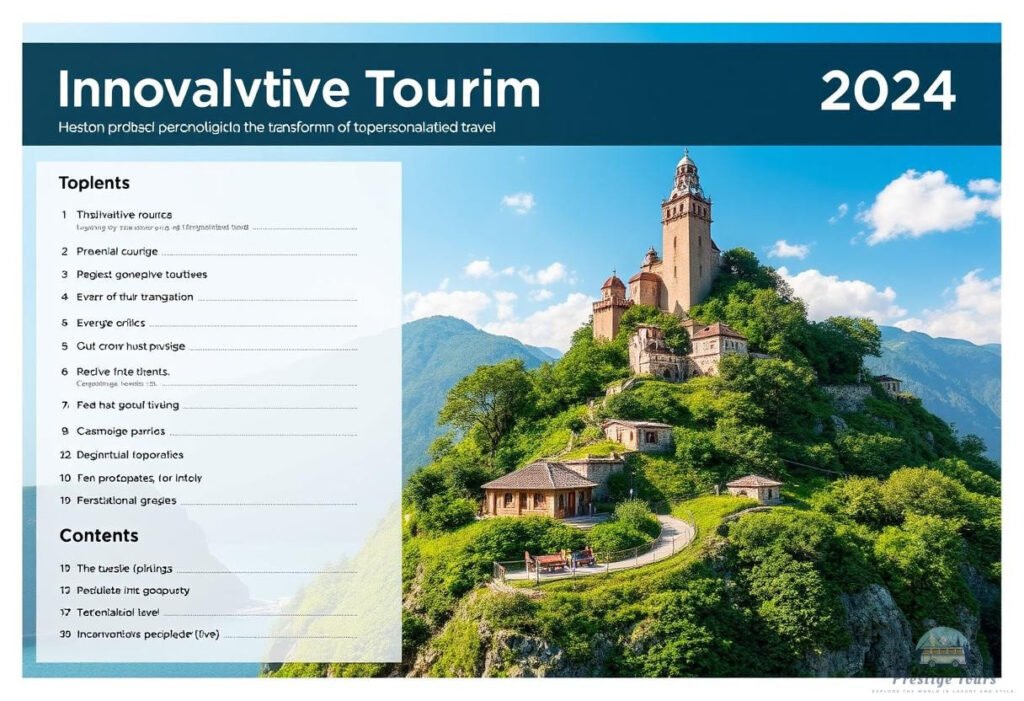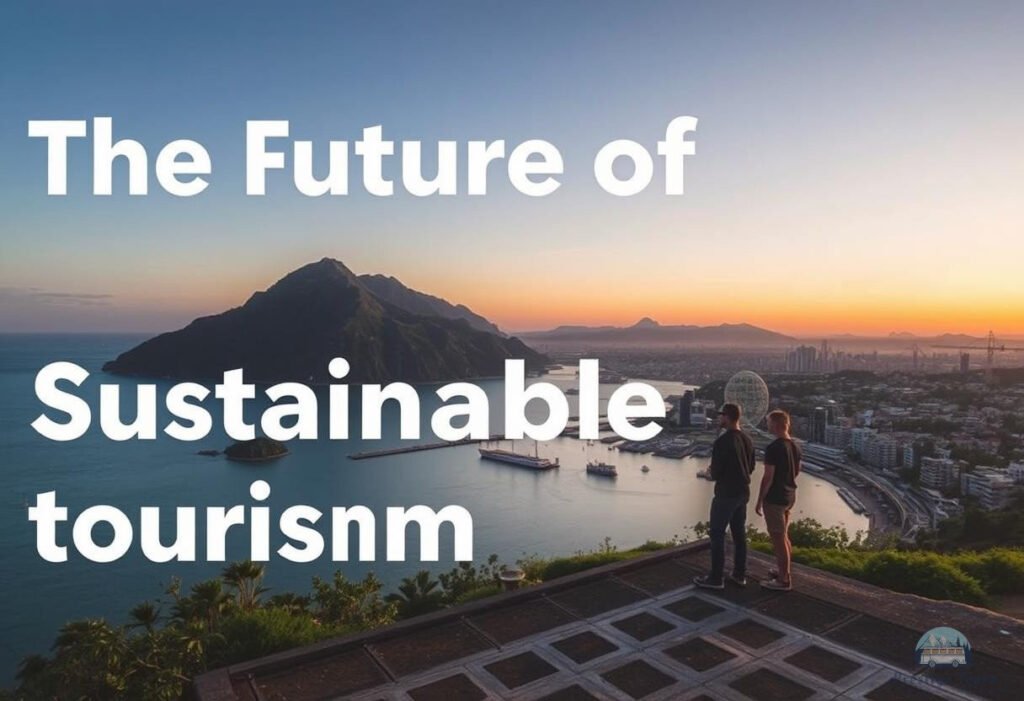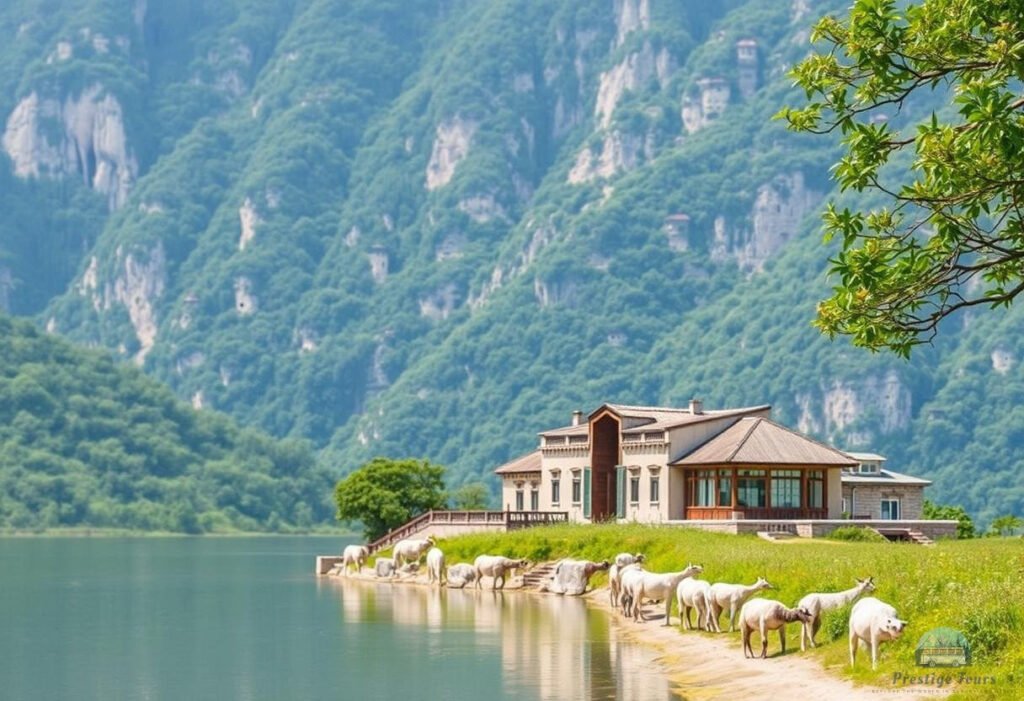An Introduction to Smart Eco Travel
Smart eco-travelling is becoming an increasingly relevant topic in today’s society. It is a concept where tourists can enjoy new experiences while minimising their impact on the environment. In this context, artificial intelligence plays a key role in improving the travel experience and promoting sustainable approaches in the tourism industry.
The role of artificial intelligence in the modern tourism industry is to optimize processes, provide personalized services, and analyze big data. AI allows not only to reduce the carbon footprint, but also to make travel more comfortable and safe.
AI technologies and their application in tourism
Data Analysis to Reduce Carbon Footprint
Modern artificial intelligence technologies make it possible to process huge amounts of data. This enables travel companies to optimize routes, reducing travel time and, as a result, carbon emissions. For example:
- Using algorithms to select the least polluting vehicles.
- Real-time energy consumption monitoring for resource management of hotels and other facilities.
- Create more efficient routes based on population density and traffic.
Personalized recommendations for sustainable tourism
Artificial intelligence also helps create personalized offers for travelers. Machine learning and user behavior analysis are used to develop recommendations that help choose eco-friendly hotels and activities. This includes:
- Analyzing customer preferences and offering sustainable alternatives.
- Creation of routes that take into account environmental aspects.
- Information applications that report on local environmental initiatives.
Examples of successful implementations

AI in Route Optimization Systems
In practice, many companies are implementing AI to optimize routes. For example, systems that use weather forecasts and traffic data help develop routes with minimal loss of time and money. This also reduces the impact on nature, as it reduces the carbon footprint of travelers.
Smart Apps for Green Hotels and Vehicles
New smart apps appear every year, providing access to information about which hotels and means of transport are the most environmentally friendly. They allow users to:
- Compare eco-ratings of hotels.
- Find local alternatives, such as eco-tours.
- Track your carbon footprint and see how you can reduce it.
Prospects and Challenges
The Future of Smart Eco Travel
The future of smart eco-tourism looks bright. As time goes on, technology will advance, allowing more people to make decisions that protect our planet. Companies are expected to continue to innovate to support sustainable tourism.
Obstacles to the implementation of AI technologies in tourism
However, there are also significant challenges along the way. The need for significant investment in technology, as well as training of existing staff, can slow down the process. It is also worth noting that not all users are ready to adapt to digital solutions. It is important to continue educating and informing tourists about the benefits that smart eco-travelling provides.
For more information on ecotourism trends, you can visit WWF. This will give you more information on their successes and future plans.
Thus, artificial intelligence and its implementation in the tourism industry can significantly change the approach to ecology in travel. Each of the listed areas shows that technologies can and should serve for the benefit of our planet and make travel cleaner and more conscious.



